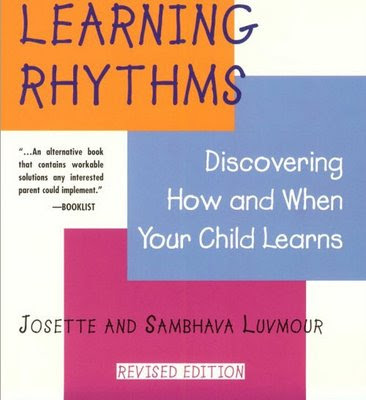 In my research, I came across a surprising number of men who never felt they had crossed any clear line marking their entry into manhood. If you look very closely, you can find some rites of passage in modern culture. They are built into the structures of many youth serving organizations, and others are found in some religious communities. Nevertheless, for so many men, nothing major ever happened to mark this important crossing, and as a result, questions about their core manhood are left unanswered late into life.
In my research, I came across a surprising number of men who never felt they had crossed any clear line marking their entry into manhood. If you look very closely, you can find some rites of passage in modern culture. They are built into the structures of many youth serving organizations, and others are found in some religious communities. Nevertheless, for so many men, nothing major ever happened to mark this important crossing, and as a result, questions about their core manhood are left unanswered late into life.Hard questions I ask of men in my workshops are:
What was THE moment in your life when you knew, for sure, that you had become a "man"? Who was there? What was done? What event, action, or ceremony took place so that you knew a line had been crossed and you were now a "man" (or at least more man than boy)?
If you can't remember any defining moment, how do you feel about it now? How do you know if you are a "man" today?
You can read men’s responses to these questions on the Man-Making website at this link: http://man-making.com/Q5MM.html
I challenge you to take just a moment to think about this part of your journey to manhood. How would you answer those questions? How has your notion of being a man been shaped by the rites of passage that did or did not happen?
 Some tribal cultures have learned the importance of drawing a hard and deep line for boys to cross. Sometimes that line is marked in a young male's flesh. Here is a website that claims to show The 5 Most Terrifying Rites of Manhood from Around the World, and another that has to be among the most painful at this link.
Some tribal cultures have learned the importance of drawing a hard and deep line for boys to cross. Sometimes that line is marked in a young male's flesh. Here is a website that claims to show The 5 Most Terrifying Rites of Manhood from Around the World, and another that has to be among the most painful at this link.While most of these are very hard to watch, I wonder if a painful crossing into a certain manhood isn’t better than none at all.
What do you think?



